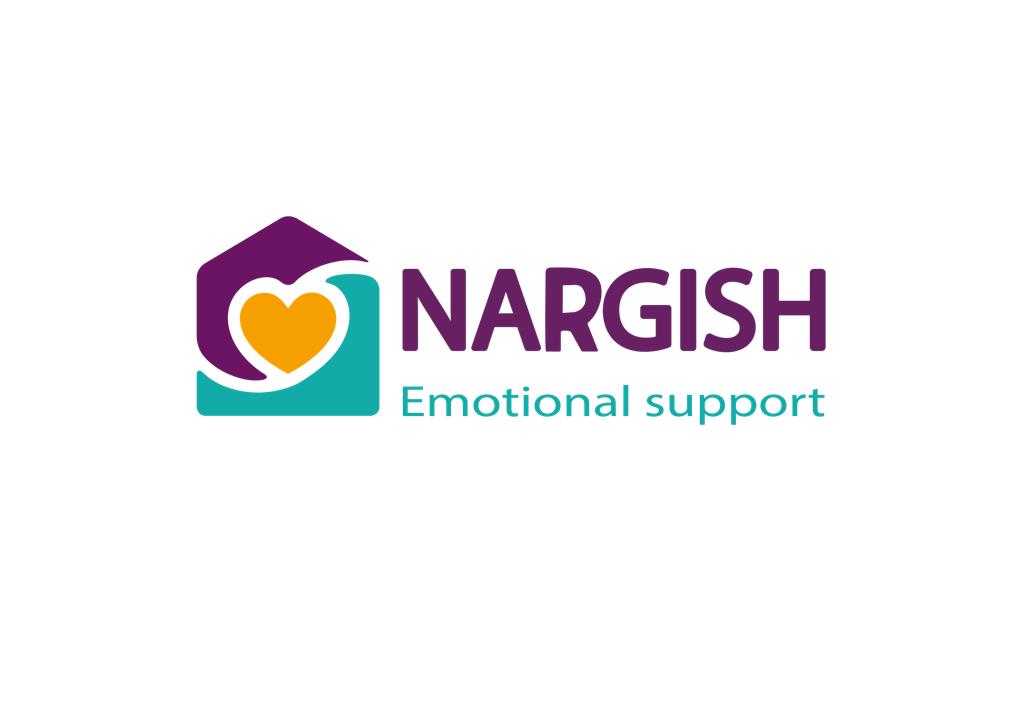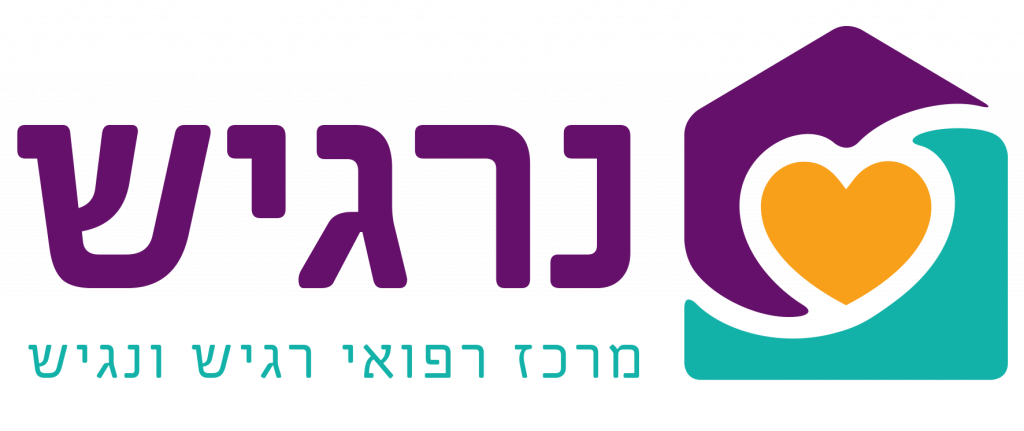Addiction to screens and virtual content is a social and cultural phenomenon. The need to be part of a particular society is inherent in us as social creatures who think that if they connect with others, through the virtual connection, this will surely help them to create realistic and meaningful social connections. In practice, in most cases the exact opposite happens, and even worse.
Therapists report on loneliness which leads to virtual addiction, after which not only does the feeling of loneliness increase, but users also develop depression, general anxiety, social anxiety, adjustment difficulties, etc.
It is important to note that addiction to virtual content can also occur outside of social networks, for example also through computer games, with or without means of communication. In fact, those who are addicted to the world of virtuality also develop obsessive-compulsive phenomena or patterns and are thus unable to disengage from the game. Some even lose control in a sense, when the virtual characters sometimes become their whole world or the object of their passion, after they “fall in love” with those characters, one might say. In fact, this activity gives the phenomenon and the addicts or soon-to-be addicts, a feeling of a certain weight given to interpersonal communication, instead of interpersonal relationships with others, in the real world.
At “Na(r)gish”, as an organization that handles addictions, we invite every person, no matter their age or personal situation, whose virtual world has destroyed their world, or people that feel that they are “buried” under the virtual world, to receive relevant tools for a dealing with the situation in a healthy way. Also, to alleviate the difficult feelings of depression and loss, when seeking to disconnect or reduce the use of the virtual world, in order to improve their quality of life, as well as the quality of life of those around them.









